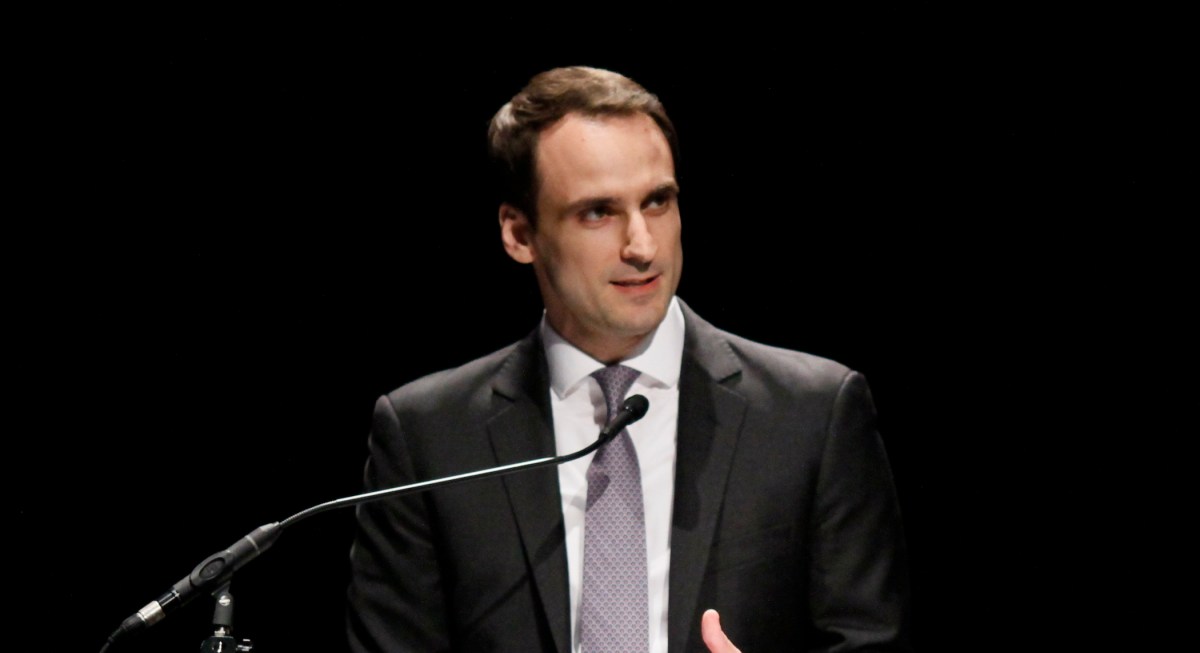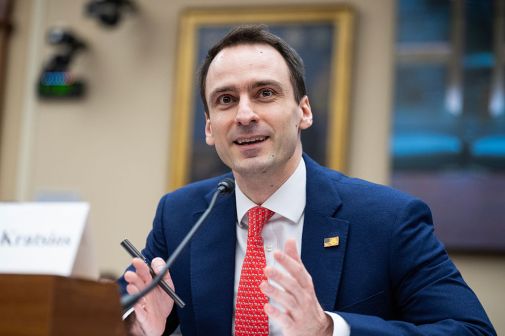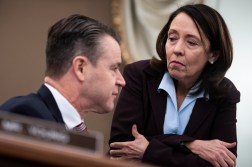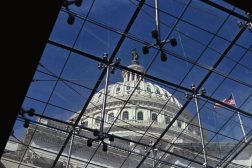White House OSTP director says DEI initiatives ‘degrade’ science amid federal funding cuts

Office of Science and Technology Policy Director Michael Kratsios criticized diversity, equity and inclusion initiatives in federally funded research, calling them “close-minded” in a speech Monday.
During remarks before the National Academy of Sciences in Washington, Kratsios called for a reduction of “red tape” in scientific research and fostering what the Trump administration is labeling “gold standard science.” Under that standard, there would be a “suspicion of blind consensus,” he said, arguing that there is a “crisis of confidence in scientists” that comes from fears that political biases are impacting research.
Kratsios specifically pointed to DEI as antithetical to that mission, echoing a common refrain for the Trump administration, which has sought to rid the federal government of such programs, positions, offices and research.
“DEI initiatives, in particular, degrade our scientific enterprise,” Kratsios said. “DEI represents an existential threat to the real diversity of thought that forms the foundation of the scientific community.”
The remarks at the National Academy of Sciences — a nongovernmental membership organization aimed at promoting good scientific principles — come as the Trump administration’s efforts to reshape the federal government have impacted federally funded research. The National Science Foundation, for example, has canceled hundreds of grants that don’t align with Trump administration policies — such as those that mention diversity, equity or inclusion — and outlined plans to get rid of a division that focuses on equity in STEM education.
Kratsios said scientists can’t “be in the business of scoring points for an ideological agenda” and that those DEI considerations impact the research itself. “A closed-minded political fashion preoccupied with symbolic victories divides colleagues and distorts grant application and research design,” he said.
His remarks were followed by a discussion with National Academy of Sciences President Marcia McNutt, who said she was concerned about the administration’s 50% cut in NSF’s graduate fellowships program. McNutt said her own NSF graduate fellowship got her where she is today.
“Aren’t these fellowships a great way to select for the best and brightest out there and encourage them into STEM,” she asked Kratsios.
He responded that the particular fellowship she mentioned is “tremendous, and has impacted lots and lots of people around the country.” But Kratsios said support for the next generation of scientists shouldn’t solely be the responsibility of the federal government, and there should be collaboration “to shoulder the burden together on inspiring the next generation of Americans.”
The speech and discussion come amid criticism of the current administration by the scientific community. In March, hundreds of researchers in an open letter accused the administration of “destabilizing” the U.S. science enterprise. Earlier this month, former NSF leaders and National Science Board chairs told congressional appropriators that the “draconian budget plan” and reductions in staff at the agency would “take a decade or more to recover” from.






